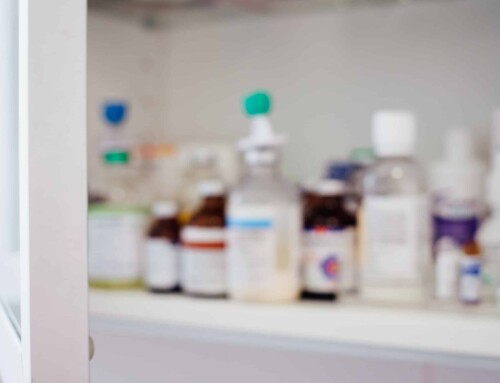Have you heard? Legal regulation is in
and prohibition is out.
The drug war is SO last season…
…harm reduction is SO hot right now.
Seriously, I read it in Cosmo!
Roll up! Roll up! You heard it here first. That’s right – our case for legal regulation has been scooped by the iconic fashion magazine, with a front-page mention, no less! In a six-page piece seemingly written in white powder, Alice Snape discusses the harm reduction and reformative measures being implemented across the country, spotlighting 3 Bristolian pioneers; Bristol Drugs Project, The Loop, and of course Transform’s Anyone’s Child campaign.
The article takes the angle that “Drug-related deaths are rising, despite rules getting stricter – so, clearly, something isn’t working”. A shocking statistic appears as you scroll down the online version. It reads,
“In a Cosmopolitan UK survey, 76% had taken an illegal drug at some point in their life.”
This poignantly exemplifies the failed aims of the prohibitive, punitive approach – to achieve a drug-free society. We tell our schoolchildren how to spot drug use, what class each drug belongs to, and how much prison time you can expect for each. So, don’t forget to just say no!
However, the goal of achieving a drug-free society is itself not only philosophically bankrupt, but logically incorrect. Philosophically bankrupt because prohibition has proven to exacerbate the very ailments it claims to cure. Logically incorrect because, as the article mentions, people have been using drugs for thousands of years with no sign of slowing down. As such, the title of the Cosmo article quite rightfully asks, “Is it time we stop pretending drugs don’t exist?”
While the article doesn’t explicitly advocate legal regulation, it does expose some of the hypocrisy surrounding the logic of prohibition. It tells the harrowing stories of Martha Mary Fernback who died of an ecstasy overdose, and Eleanor Rowe who died from the lethal combination of ketamine and alcohol – both of whom died as teenagers. Snape details some of the harm reduction measures which could have prevented these tragedies before quizzing Policing Minister, Kit Malthouse on why we still maintain a criminal justice approach instead of adopting a model such as Portugal’s. Malthouse’s “professional” opinion is that “By legalising them or whatever, we think consumption would rise”. But the evidence proves the opposite – while the UK is the drug death capital of Europe (as Jane Slater from Transform is quoted), both drug use and deaths have dramatically fallen in Portugal where drug use is decriminalised.
The article does a good job of exposing the myths of prohibition. Scandalously, the lack of understanding about “legalising them or whatever” from the drugs minister is sloppy at best and outright dangerous at worst. This is the strength of the article. Because if we hope to save lives, improve health, and reduce crime – exposing political barriers is also important.
So, roll up! Roll up! Get your copy of Cosmo today and find all the hottest tips on staying safe while partying this season…
…Or read the free online version: The Party Drug Paradox: Is it time we stop pretending drugs don’t exist?
*This blog post was written by George E. Smith.







Leave A Comment